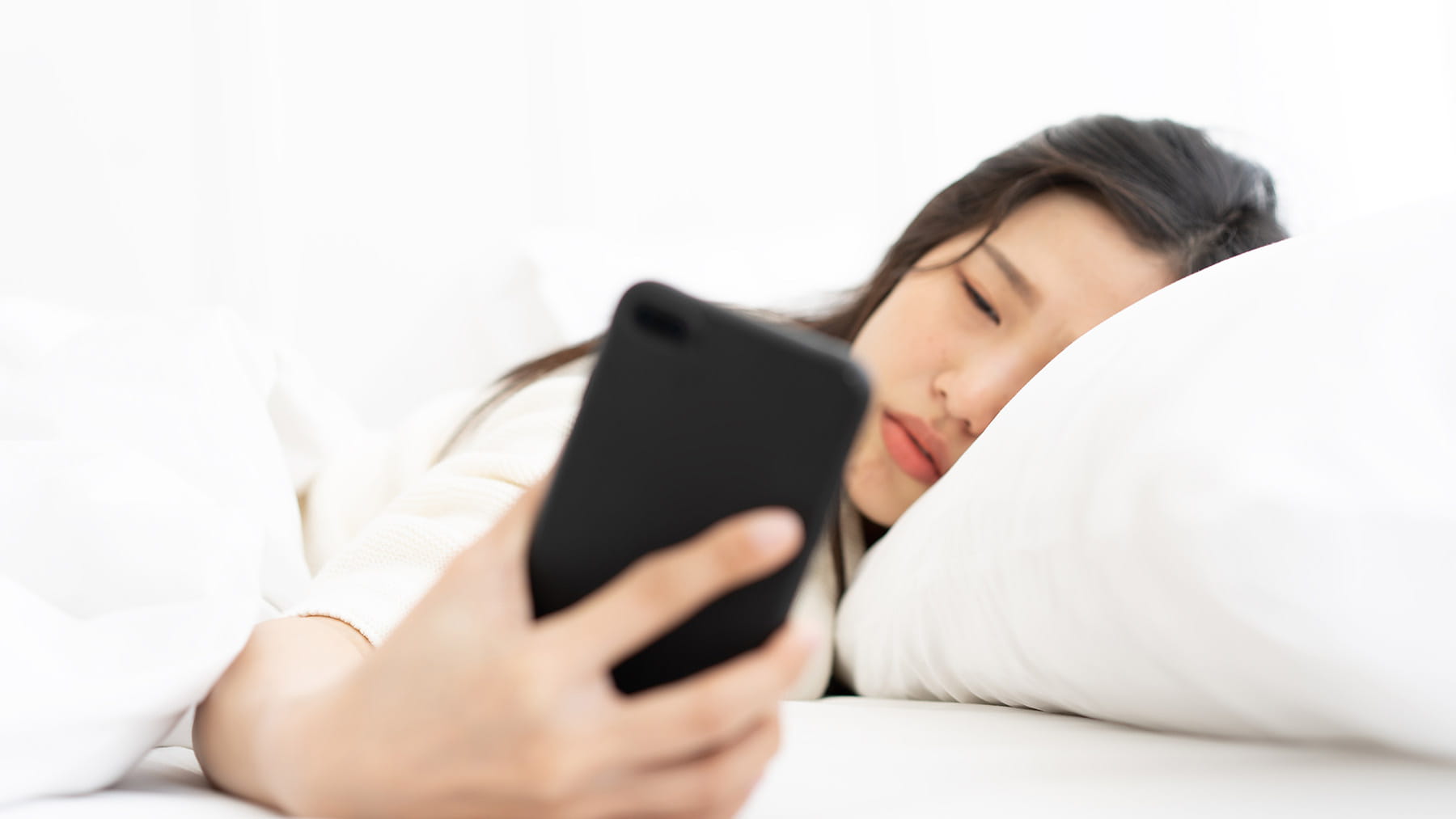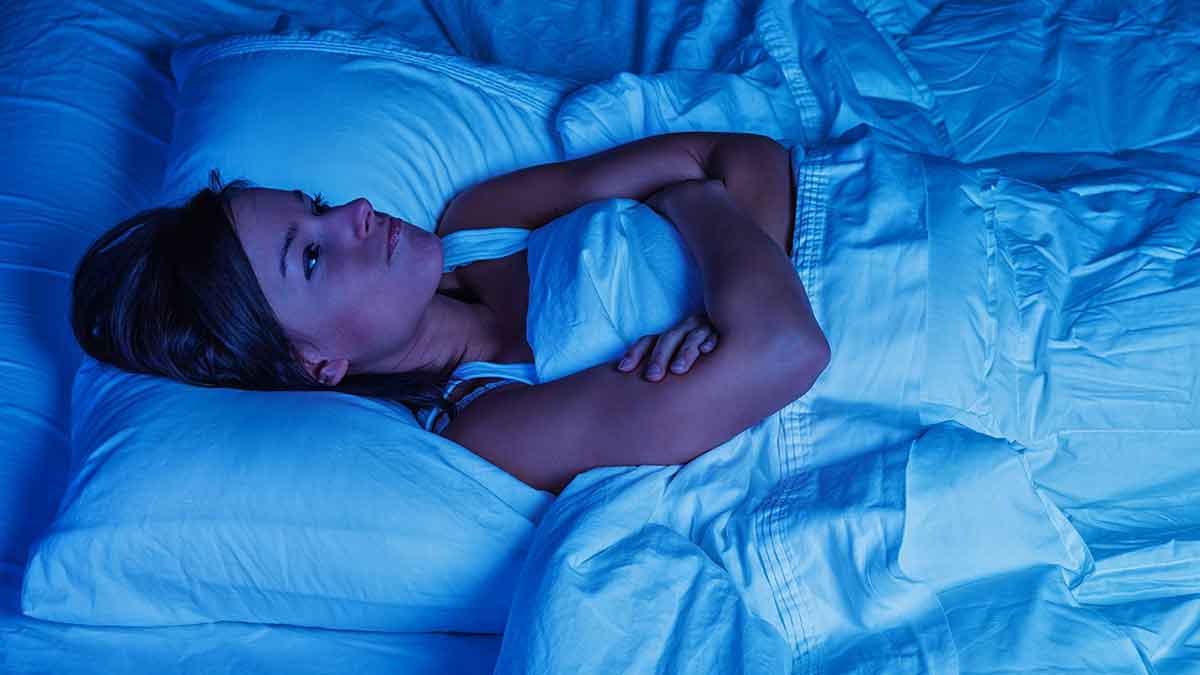Later high school start times could help teens

It’s a movement that’s slowly picking up steam—pushing high school start times back an hour.
For some school districts, the delayed start time is the answer to a chronic issue among teens—sleep deprivation.
The case for later school start times
During the teen years, our biological sleep phase delays, so our bodies tend to want to go to sleep later at night and wake up later in the morning. With 7:30 a.m. school start times, teens have to wake up and be alert in school when their bodies naturally want to be asleep. Even if they get the recommended eight to 10 hours of sleep at night, their body still thinks it should be asleep at that time.
The early start times, coupled with extracurricular activities and homework, can make it difficult for teens to get enough sleep. And electronic devices aren’t helping. Cellphones and video games fragment their focus and expose them to light at night, causing a further shift in their sleep phase.
The benefits of later school start times
So pushing back school start times until 8:30 a.m. could be beneficial in a number of ways. Waking up an hour later will be more in line with their natural sleep tendencies, even if their total amount of sleep remains the same.
A lack of sleep theoretically could affect grades, as well. The additional hour of sleep may help with cognitive function and memory consolidation—the time when our memories go from short term to long term.
Getting more sleep may help teens be safer on the roads. Drowsy driving impacts their ability to pay attention to the road, slows reaction time and affects their ability to make good decisions.
Ways to help teens get more sleep
If your teen’s school district hasn’t made the shift, all is not lost. Awareness and emphasis on the importance of sleep is key.
Since teens have to go to school during the week, encourage them to go outdoors and get as much natural sunlight as possible on the weekends. When the sun sets, keep the house lights dim. Lower the brightness on cellphones and set a time for phones to be turned off. This will help align their sleep phase to the solar clock.
Create an ideal sleep environment by keeping bedrooms dark, quiet and cool. There shouldn’t be any electronics, such as televisions or video game systems, in the bedroom. Having electronics in the bedroom can make it harder to fall asleep because teens become used to being in their bedroom doing other things. Decrease the brightness of alarm clocks and cellphones should be on vibrate. Try to keep temperatures in the mid-60s at night so your teen’s core body temperature cools down, inducing deeper sleep. And when it’s time to get up, the bedroom should be bright in the morning to help increase alertness to keep the sleep phase aligned with their school schedule. You may want to look into a light alarm that slowly increases the light as the alarm goes off in the morning to brighten the room.
If your teen sleeps in on the weekends to catch up on sleep, it may be a sign of sleep deprivation. To avoid further shifting their sleep phase, teens should try go to bed earlier and sleep in later. If they’re sleeping all weekend, teens need to figure out a way to get more sleep each night. Twenty to 30 minutes of additional sleep a night can make a difference.
Aneesa Das is the assistant director of the sleep medicine program at The Ohio State University Wexner Medical Center.




